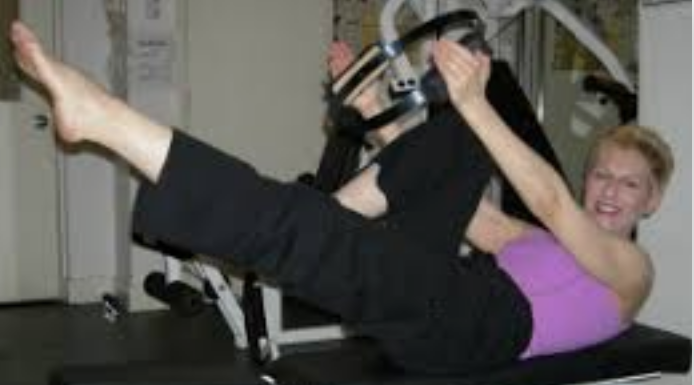MEDSCAPE – The more flexible you are as you age, the longer you’re likely to live.
That’s the conclusion of a new study that associated increased flexibility in middle age with a lower odds of mortality over the next dozen or so years.
The prospective cohort study, which evaluated the flexibility of more than 3100 men and women in Brazil, found body flexibility was strongly and inversely associated with mortality risk over a 13-year follow-up period.
Claudio Gil Araújo, MD, PhD, the research director of the Exercise Medicine Clinic-CLINIMEX in Rio de Janeiro, who led the study, said his group was not surprised by the results. “We found what we expected. Reduced flexibility was related to poor survival,” he said.
The findings, published today in the Scandinavian Journal of Medicine & Science in Sports, used data from 2087 men and 1052 women who underwent a medical-functional evaluation at CLINIMEX.
“Women with the poorest flexibility were almost five times more likely to die than those with high flexibility.”
They received a body flexibility score, called the Flexindex, based on range of motion in 20 movements in seven joints, with a minimum score of 0 and a maximum score of 80.
Among the 3139 participants, there were 302 deaths (9.6%) during a mean follow-up of 12.9 years with cardiovascular diseases and cancer the most common underlying causes in men and women, respectively.
RELATED:
Marla’s Do-Anywhere Healthy Aging Workout
Bounce Back From Anything With Marla’s Awesome Fitness Tips
“The probability of death during nearly 13 years of follow-up was close to 1% when Flexindex scores exceed 49 for men and 56 for women,” Araújo told Medscape Medical News.
“On the other hand, for men and women placed in the lower 10th percent of Flexindex scores, death rates were, respectively, 26.9% and 18.2%.”
Barry Franklin, PhD, director of preventive cardiology and cardiac rehabilitation at Corewell Health William Beaumont University Hospital in Royal Oak, Michigan, and a co-author of the new study, said men with the poorest flexibility were nearly twice as likely to die over the follow-up period than men with high flexibility … read more.



